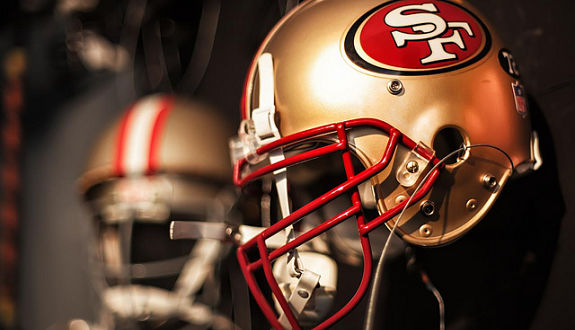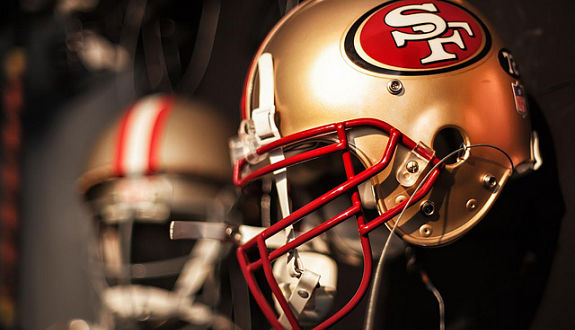Colin Kaepernick’s Case Against the NFL
- by
- Oct 18, 2017
- News
- Reviewed by: Matt Riley


I’m a big San Francisco 49ers fan. I suffered through the 2000s, enjoyed three years of playoff football, and watched as the team crashed harder than any other franchise in recent history. Paralleling that crash was Colin Kaepernick’s career trajectory. Kaepernick went from starting in a Super Bowl to out of a job within a few years.
And yet, Kaepernick remains one of the most talked about football players in the nation. He’s received a tremendous amount of press coverage for his decision to kneel during the national anthem — a form of protest against police brutality and racism that has subsequently become a focal point of this NFL season. Kaepernick’s saga is still unfolding, as just days ago he filed a grievance against the NFL alleging that NFL owners colluded to prevent him from playing in the league.
Now, to be clear, I’m not going to add to the polarizing discourse on protesting during the national anthem. This post is going to focus on the legal issues implicated by Kaepernick’s grievance.
Kaepernick’s claims that the owner violated Article 17 of the Collective Bargaining Agreement entered into by the NFL and the NFL Players Association. Article 17 prohibits any team and its employees from colluding to prevent negotiations or employment of a player. Kaepernick brought his grievance under Article 15, which requires alleged violations of Article 17 be brought before an arbitrator.
Proving Collusion
Let’s try to unpack those topics a little bit. In order to prove collusion under the CBA, there must be evidence of an agreement between one team and either the NFL or another club that influences an individual team’s decision making. Past examples of collusion are things like MLB teams deciding not to hire black players prior to 1947.
Proving such an agreement is very difficult. Barry Bonds tried to allege collusion after he failed to get a job in the season following his becoming the all-time leader in home runs. The arbitrator to that case said he didn’t have enough evidence of an agreement between the teams. Kaepernick is a solid starting quarterback — I’d put him easily in the top 20 quarterbacks in the league — but he’s a far cry from the statistical dominance of Barry Bonds. Basically, if he doesn’t have some sort of “smoking gun” evidence, this is going to be a tough case for him to win.
Arbitration
As noted above, all of this will be heard by a neutral arbitrator. Arbitration is a form of alternative dispute resolution, which does not implicate the formal judicial process. The parties present evidence to the arbitrator, and he or she renders a decision. The decision carries a lot of deference in the court system, since the arbitrator actually heard the parties’ arguments. It is often cheaper and less time consuming than going to the courts, so most collective bargaining schemes require arbitration.
What About Free Speech?
One topic you won’t see here is the 1st Amendment. As I wrote a couple weeks ago, private employees don’t really have any recourse against private employers for so-called free speech violations. Thus, the crux of this case is going to be whether Kaepernick can present hard proof of an agreement between owners to blackball him rather than deciding it doesn’t make business sense to sign him.
I’m a little sad the only way I got to talk about Barry Bonds and Colin Kaepernick in one post was to focus on their efforts to prove collusion. There’s really not much else to say about anything relating the 49ers or Giants right now, alas, but hey, at least there’s the Warriors!
Search the Blog

Free LSAT Practice Account
Sign up for a free Blueprint LSAT account and get access to a free trial of the Self-Paced Course and a free practice LSAT with a detailed score report, mind-blowing analytics, and explanatory videos.
Learn More
Popular Posts
-
logic games Game Over: LSAC Says Farewell to Logic Games
-
General LSAT Advice How to Get a 180 on the LSAT
-
Entertainment Revisiting Elle's LSAT Journey from Legally Blonde








